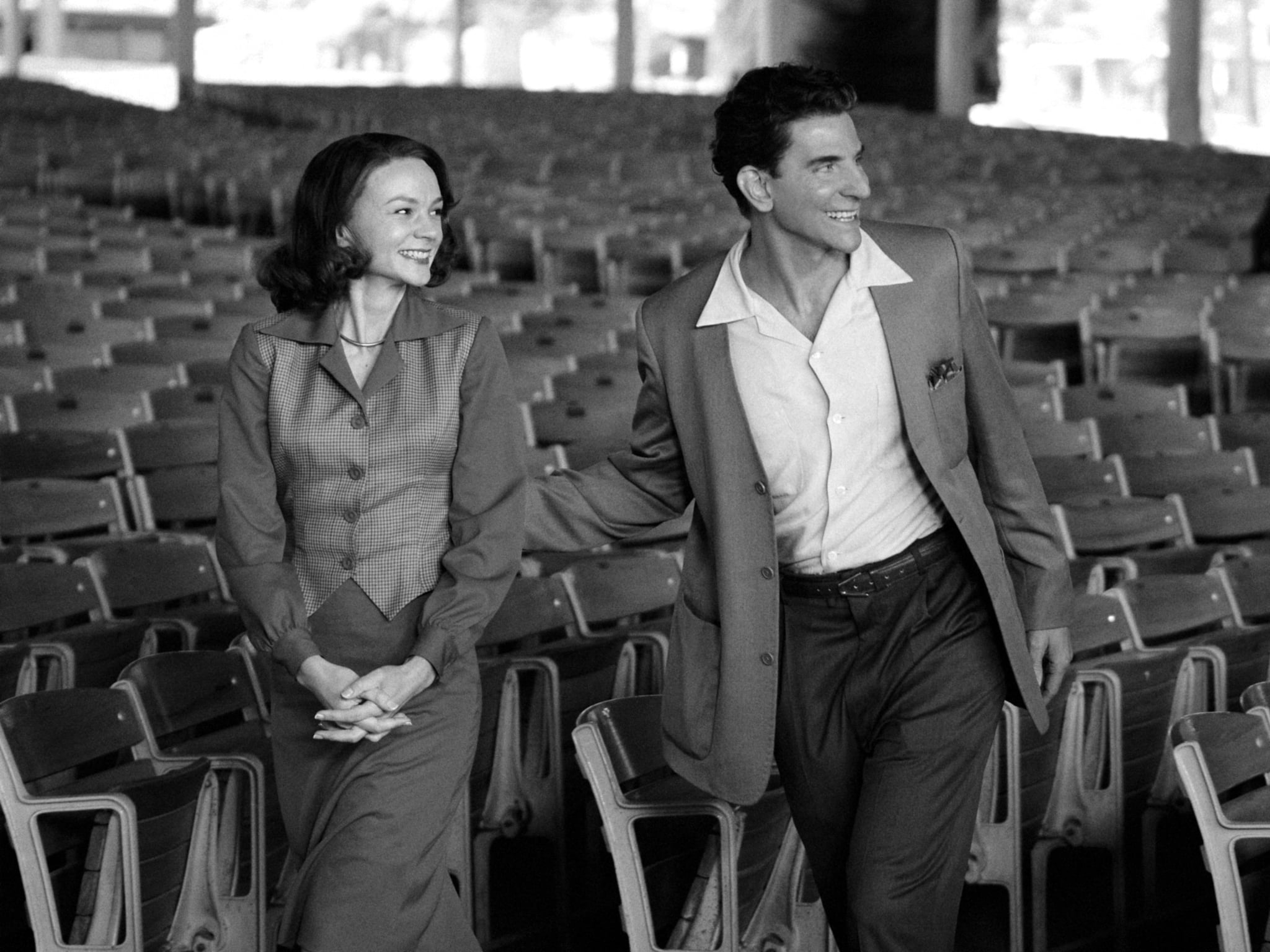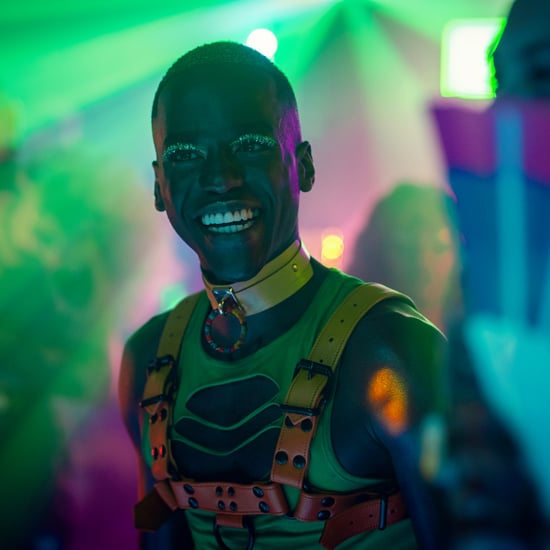Bradley Cooper's Prosthetic Nose in Maestro Controversy
Why Everyone Is Talking About Bradley Cooper's Prosthetic Nose in "Maestro"

In August, the trailer for the upcoming Leonard Bernstein biopic, "Maestro," was released — and the internet went wild. As part of Bradley Cooper's portrayal of the legendary composer, the actor wears a noticeably large prosthetic nose, prompting critics to accuse the production of perpetuating a Jewish stereotype.
Counter-critics are branding this as an unnecessarily "woke" stance, stating that Cooper is simply wearing makeup to embody a character. To make matters even more complicated, Bernstein's family released a statement saying that they were heavily involved in the making of the film and they take no issue with the prosthetic. Aside from sparking a debate about antisemitism, the discourse raises an even bigger question: at what point do prosthetics become offensive — and who gets to decide?
Prosthetic makeup in film is nothing new, but in recent years, a growing sensitivity toward issues like cultural appropriation and fat shaming has caused many to question its use in certain situations. This perspective casts an unflattering light on past roles, like Mickey Rooney playing Audrey Hepburn's Japanese landlord in the 1961's "Breakfast at Tiffany's" or, more recently, Zoe Saldaña appearing with darkened skin and a prosthetic nose to portray singer Nina Simone in the 2016 biopic "Nina" (a role for which Saldaña has since apologised).
Earlier this year, the Oscar-winning film "The Whale" was met with controversy for the use of a fat suit on lead actor Brendan Fraser. Now, Bradley Cooper, a non-Jewish actor, is being criticised for wearing a prosthetic nose to play Leonard Bernstein, a Jewish man. In cases like these, many have been prompted to ask: why not just cast a Jewish actor? A Black actor? A fat actor?
Some argue that an actor doesn't necessarily need to personally identify as the same race, gender, body type, or sexual orientation as the character they're playing in order for it to be a legitimate and worthy performance. In fact, many think that drastically modifying one's physical appearance makes for an even better performance — and the Academy Awards seem to agree. There's a long history of actors undergoing huge transformations for roles, culminating in an Oscar win; take Charlize Theron in "Monster" or Christian Bale in, well, anything.
"Great actors push themselves into characters far outside of themselves and attempt an empathy with the person they are portraying, no matter cultural, racial, or ideological differences," says one tweet in response to the "Maestro" controversy.
However, a common complaint when it comes to Cooper's prosthetic nose is that it's not necessary to portray Bernstein. Cooper's own nose, some say, looks enough like Bernstein's to make the role believable, so adding a prosthetic is, at the very least, distracting. Others argue over whether the prosthetic Cooper wears, specifically its pointed shape, is even accurate to Bernstein's.
"Bradley chose to use makeup to amplify his resemblance, and we're perfectly fine with that. We're also certain that our dad would have been fine with it as well."
The controversy also calls into question who is "allowed" to be offended by such a prosthetic. Do only Jewish people have the authority to comment on the situation? Some say yes, and since the Bernstein family themselves have since publicly supported Cooper's use of a prosthetic nose, many consider the matter settled.
"It happens to be true that Leonard Bernstein had a nice, big nose," reads the statement from the composer's three children, Jamie, Alexander, and Nina Bernstein. "Bradley chose to use makeup to amplify his resemblance, and we're perfectly fine with that. We're also certain that our dad would have been fine with it as well."
While it may just be internet chatter to some, the frenzy over the "Maestro" trailer indicates that Hollywood — and society at large — is in the midst of a reckoning. Practices such as blackface have been (rightly) deemed unacceptable across the board, but there are other potentially offensive ways in which makeup and prosthetics are used, and the industry hasn't quite figured out how to approach them yet. As filmmakers and critics alike continue to wade into the murky waters, Cooper's prosthetic, whether done with the purest of intentions or not, is clearly symbolic of this process.






